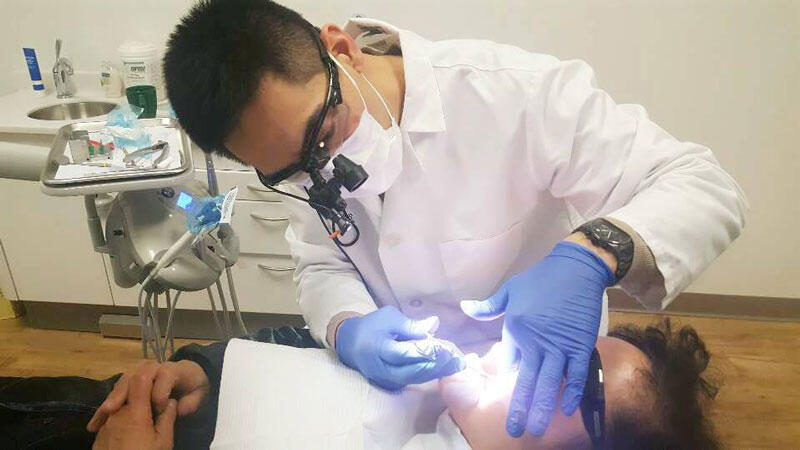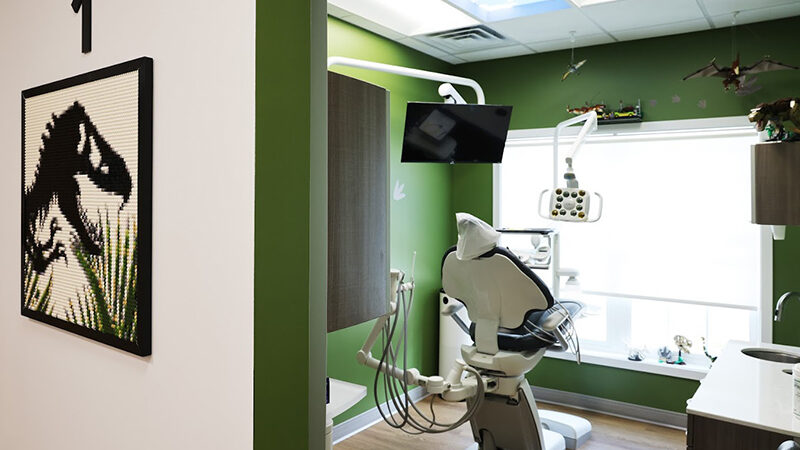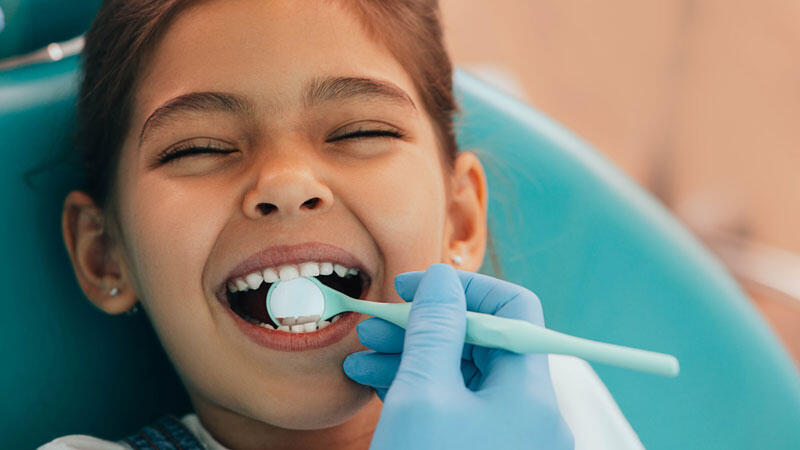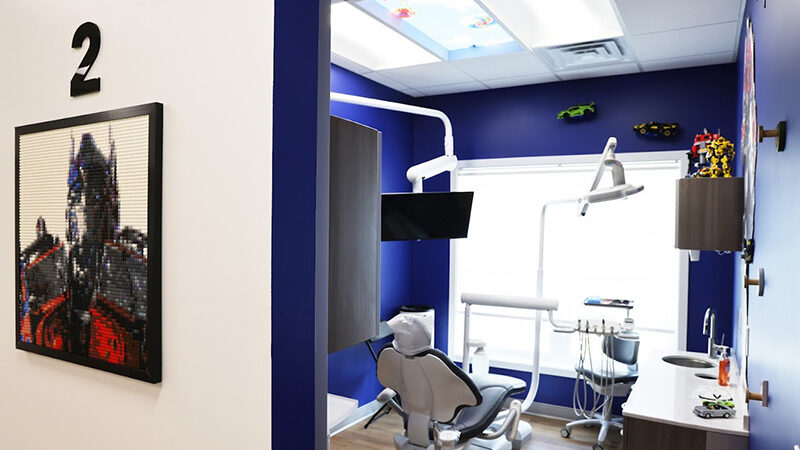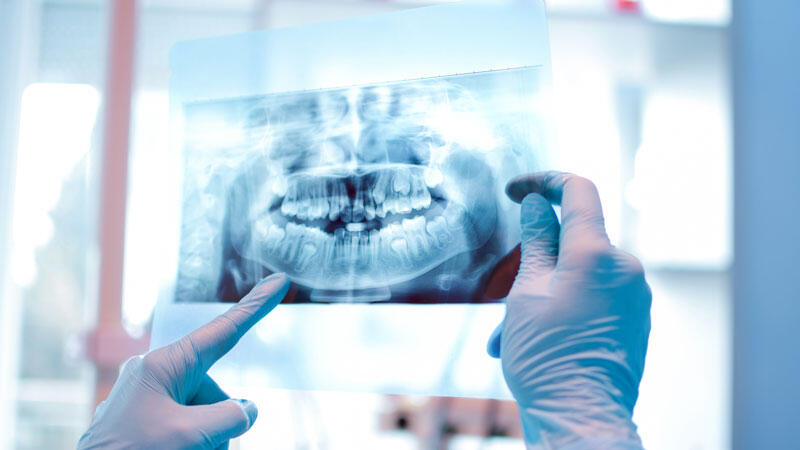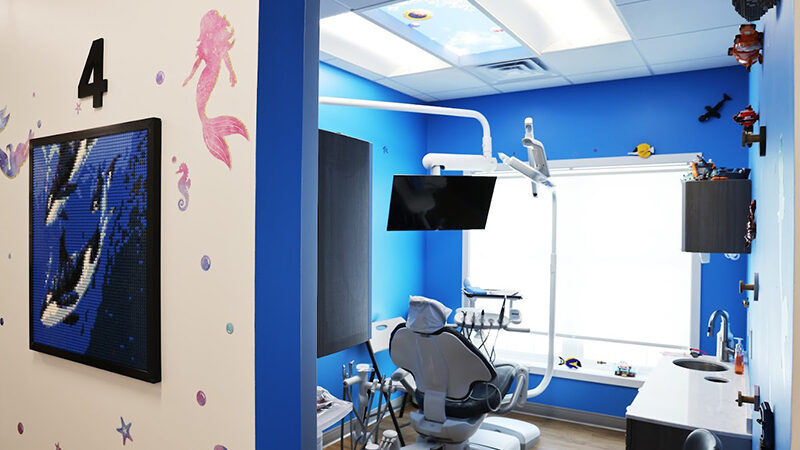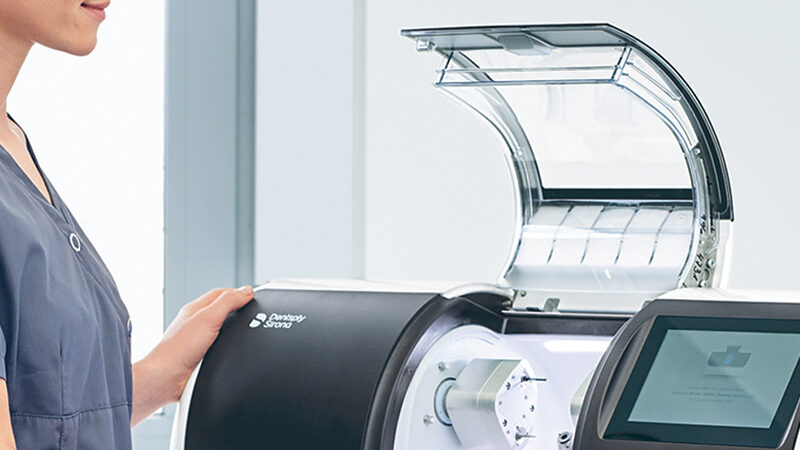Your Questions, Answered
A good way to maintain oral health is by having a daily routine that cleans your teeth and gums (brushing, flossing, and the use of mouthwash). You can also rid your mouth of harmful bacteria and avoid inflammation, infection, and disease by eating a healthy diet, getting a good night’s sleep, and taking care of your mental health.
Typical signs that there are issues include not being able to chew food without pain, having pain when drinking cold beverages, teeth grinding and more.
Periodontal disease (gum disease) is a gum infection that damages gum tissue and can destroy the jawbone. It is usually caused by poor brushing and flossing habits, but if discovered early enough, the problems you are experiencing can be reversed and tooth loss can be prevented.
In order to prevent gum disease, we suggest regularly brushing and flossing your teeth and seeing us twice a year for a checkup and teeth cleaning.
In order to prevent gum disease, we suggest regularly brushing and flossing your teeth and seeing us twice a year for a checkup and teeth cleaning.
Gingivitis is the earliest stage of gum disease. Soft tissue of the gums is affected, and there may be little to no discomfort. Although gingivitis is usually not painful, we suggest that patients who have been diagnosed with this devote more care to their oral health and having their gums checked by us regularly. Symptoms of gingivitis can include swollen and bleeding gums, bad breath, receding gums, increased spacing between teeth and more.
Periodontitis is the advanced stage of gum disease. In this stage, you will see noticeable damage to your gums and bone structure. Make sure to brush and floss regularly and eat a well-balanced diet to avoid periodontitis.
A good way to tell if you have healthy gums is by checking to see if they are pink and firm to the touch. They should not be red or white, swollen or tender. Gums should be strongly attached to the teeth.
Gingivitis occurs when there is a buildup of bacteria around the gums. Inflammation can occur and gums will become red or swollen. If your gums bleed while you are brushing your teeth, this is a strong indication that you may have gingivitis.
In the early stages of periodontitis, the gums become inflamed and begin to pull away from the teeth. This pulling away forms a space, or pocket, where food, bacteria, and plaque begin to build. This can create an infection and cause damage to the bone.
Yes. In this stage, inflammation becomes more widespread and there is noticeable pain. More bone is lost, the gums recede further, and teeth loosen more.
To know for sure if you have advanced periodontitis, we ask that you see us for a checkup. In this stage, painful abscesses can begin to form, and you can lose teeth. It is important to take extra care of your teeth, even if you are in the beginning or moderate stages of periodontitis, so this does not occur.
Gum disease can occur for many different reasons, but recent studies suggest that those with the following conditions may be more at risk to develop gum issues:
- Diabetes
- Osteoporosis
- Respiratory Disease
- Cancer
Cosmetic dentistry focuses on improving the appearance of your teeth, gums, and overall smile. Services include teeth whitening, veneers, cosmetic bonding, and Invisalign®. These treatments are designed to enhance your confidence and provide a smile you’ll love to show off.
Yes, at Newtown Smile Dentistry, we provide pediatric dentistry, which is specialized dental care for children. This includes preventative care like cleanings and fluoride treatments, as well as restorative treatments such as fillings and crowns.
It’s recommended to schedule your child’s first dental visit by their first birthday or when their first tooth appears. Early visits help establish good oral health habits and allow the dentist to monitor your child’s dental development.
Sedation dentistry uses medication to help patients relax during dental procedures. It’s ideal for individuals with dental anxiety, special needs, or those undergoing lengthy treatments. Options range from minimal sedation (nitrous oxide) to deep sedation for more complex procedures.
Laser dentistry uses advanced laser technology to perform procedures with precision and minimal discomfort. It’s effective for treating gum disease, removing decayed tissue, and even for teeth whitening. Benefits include faster recovery times, reduced risk of infection, and less pain.
Yes, professional teeth whitening is safe when performed by a dentist. It effectively removes stains and discoloration, leaving your teeth brighter. At Newtown Smile Dentistry, we use advanced techniques to ensure optimal results with minimal sensitivity.
Newtown Smile Dentistry is located at 27 Church Hill Road, Newtown, CT 06470. Suite 1 is for our general and cosmetic dentistry services, and Suite 2 is for pediatric and special needs dentistry. We proudly welcome patients from the surrounding areas, including Danbury, Southbury, Monroe, and Brookfield.

